snowmometers
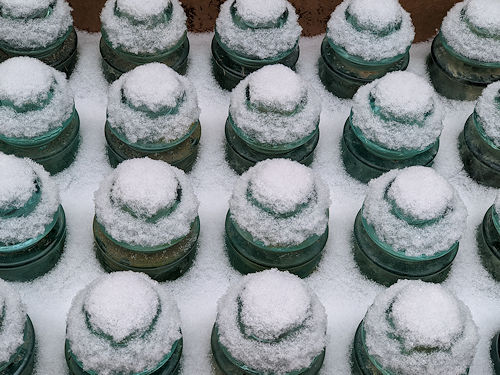
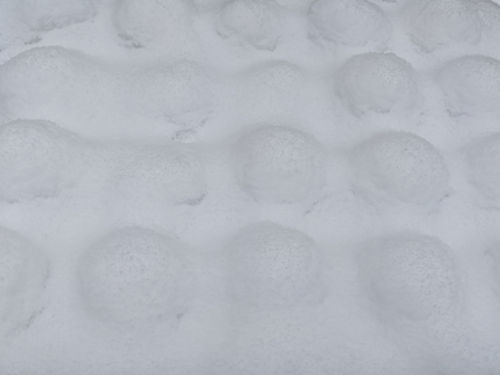
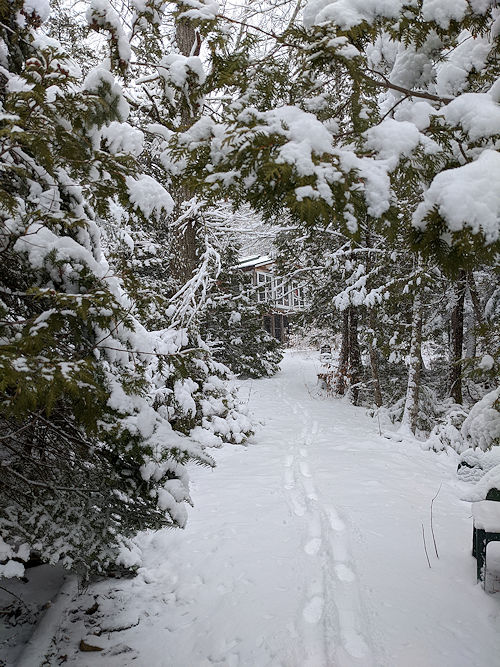 The snow is beautiful when we get it, but it's actually a mild January with many days above freezing. The impeachment hearings drag on like a soap opera with a lot of sudden plot twists. As we near the first caucus of the democratic presidential primary, the battle between the progressive left and the corrupt old guard is shaping up. Blistering articles about how Sanders cannot win are appearing daily as he rises in the polls. It does not appear now that Warren can bridge the gap as a compromise candidate. I am hoping that Warren or Sanders gets the nomination and I plan to work for the nominee, mainly in the area of voter registration and GOTV. I have this naive belief that if everyone gets to vote, we will collectively pick the right direction. That said, I am not optimistic about the future of the planet and the human race. We are frogs in warming water. We seem to lack the ability to respond to alarms about the future. As a species, we are short-term planners.
The snow is beautiful when we get it, but it's actually a mild January with many days above freezing. The impeachment hearings drag on like a soap opera with a lot of sudden plot twists. As we near the first caucus of the democratic presidential primary, the battle between the progressive left and the corrupt old guard is shaping up. Blistering articles about how Sanders cannot win are appearing daily as he rises in the polls. It does not appear now that Warren can bridge the gap as a compromise candidate. I am hoping that Warren or Sanders gets the nomination and I plan to work for the nominee, mainly in the area of voter registration and GOTV. I have this naive belief that if everyone gets to vote, we will collectively pick the right direction. That said, I am not optimistic about the future of the planet and the human race. We are frogs in warming water. We seem to lack the ability to respond to alarms about the future. As a species, we are short-term planners.
Alex Steffen, a climate futurist, has a new book coming out, The Snap Forward. He sees bubbles that will pop with great disruption and sooner than we think.
Carbon bubbles stem from overvaluations of fossil fuel companies, high-carbon industries, and other unsustainable practices. They're overvalued because of the gap between the bright futures investors currently see for these industries and the reality that any real climate action will mean many fossil fuels will be unburnable and many of these practices will be made obsolete. The result will be what analysts blandly term "rapid repricing," but the rest of us would call a crash. Here it's critical to remember that almost all financial decisions--investment, credit, insurance, subsidies--are bets about the future. While they may be bets about the future, they take place now. Foreseeable future losses become present trouble.
Brittleness is the quality of breaking suddenly and catastrophically. Think of a bridge collapsing. A key fact of the climate emergency that still hasn't sunk in is that the hotter it gets, the more places and systems become brittle. We really don't see how climate brittle many of these places and systems already are--and how brittleness stretches out in networks, putting places at risk that are far from the direct impacts of the rising seas, monster storms and megafires causing brittle systems to collapse. Remember those decision-makers placing their future bets? Long before a foreseeable risk hits, those bettors demand better odds. If the odds can't be made good enough, they bet elsewhere. Brittle turns into uninsurable, unbankable, uninvestable and politically friendless. Many of brittle places and systems are still treated as quite valuable. But as the magnitude of the risks become apparent, we're going to see more of those rapid repricings, more bubbles popping.
Millions of people have expertise grounded entirely in the systems being replaced. As disruption happens, that expertise loses value, fast--and no one wants to be on the receiving end of a "rapid repricing" in their career.
The responsibilities institutions have for their impacts in the world are becoming less central than the risks change poses to that institution—which in turn are less critical than grasping the fast-changing strategic landscape in which it operates. Very different jobs. The largest sea change in climate strategy, though, is that some folks are beginning to grasp that the opportunities to be found in meeting the climate emergency are not only much larger than our public debate is ready to acknowledge, but different in both nature and speed. These opportunities will have massive impacts before they've even hit scale. Again, bets about the future, and the smart bet is increasingly on discontinuous acceleration towards these opportunities.

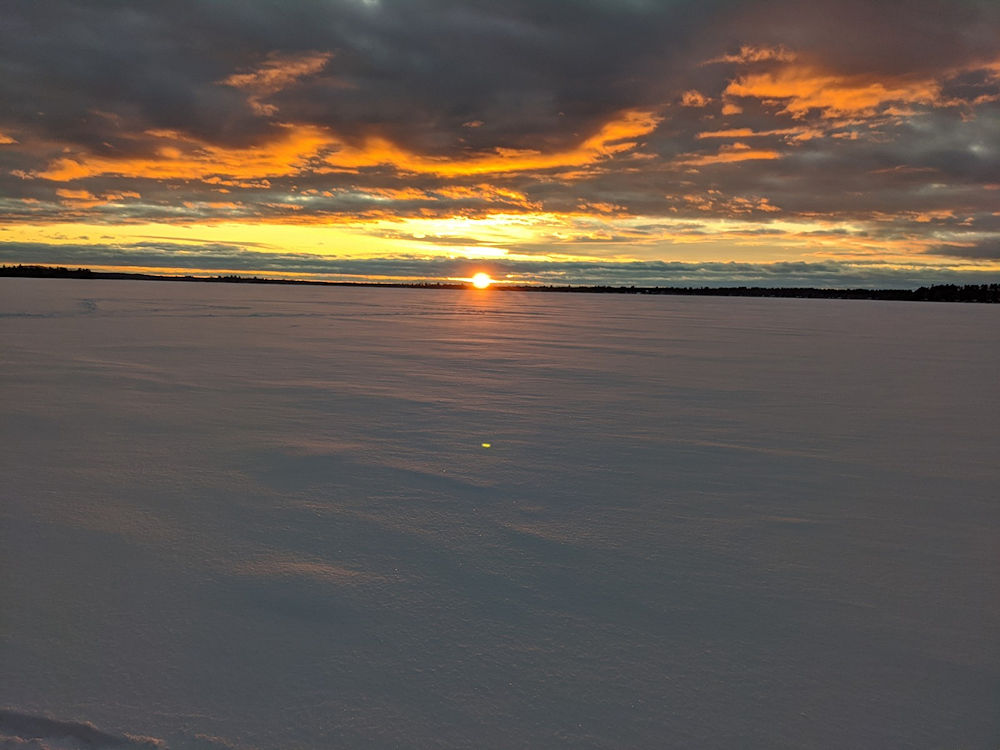
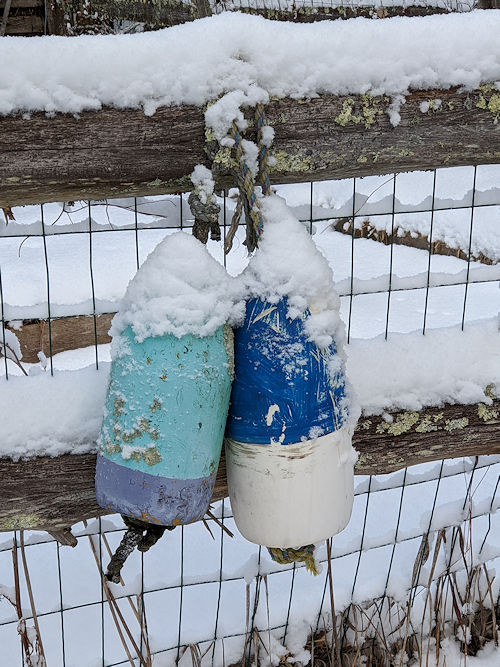 The lake is good and frozen and sunset is a nice time to walk on it.
The lake is good and frozen and sunset is a nice time to walk on it.

